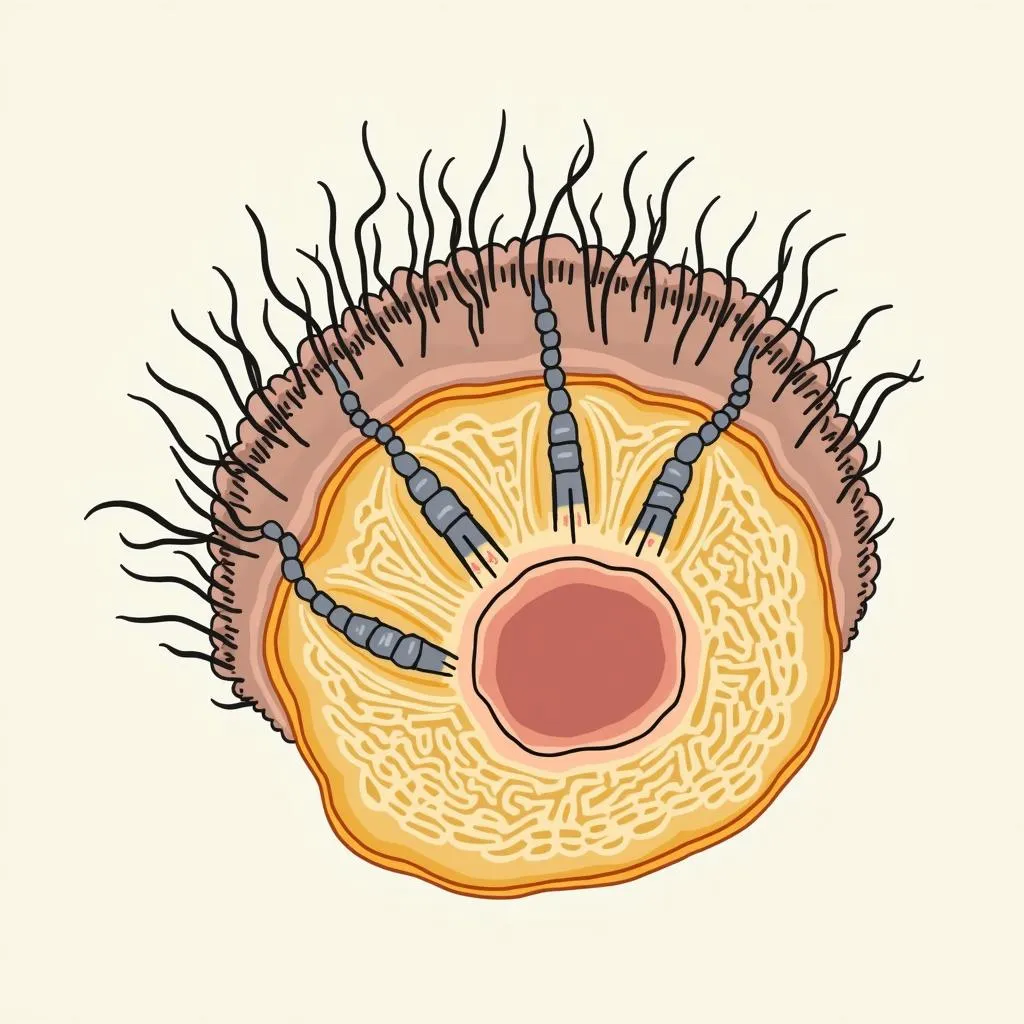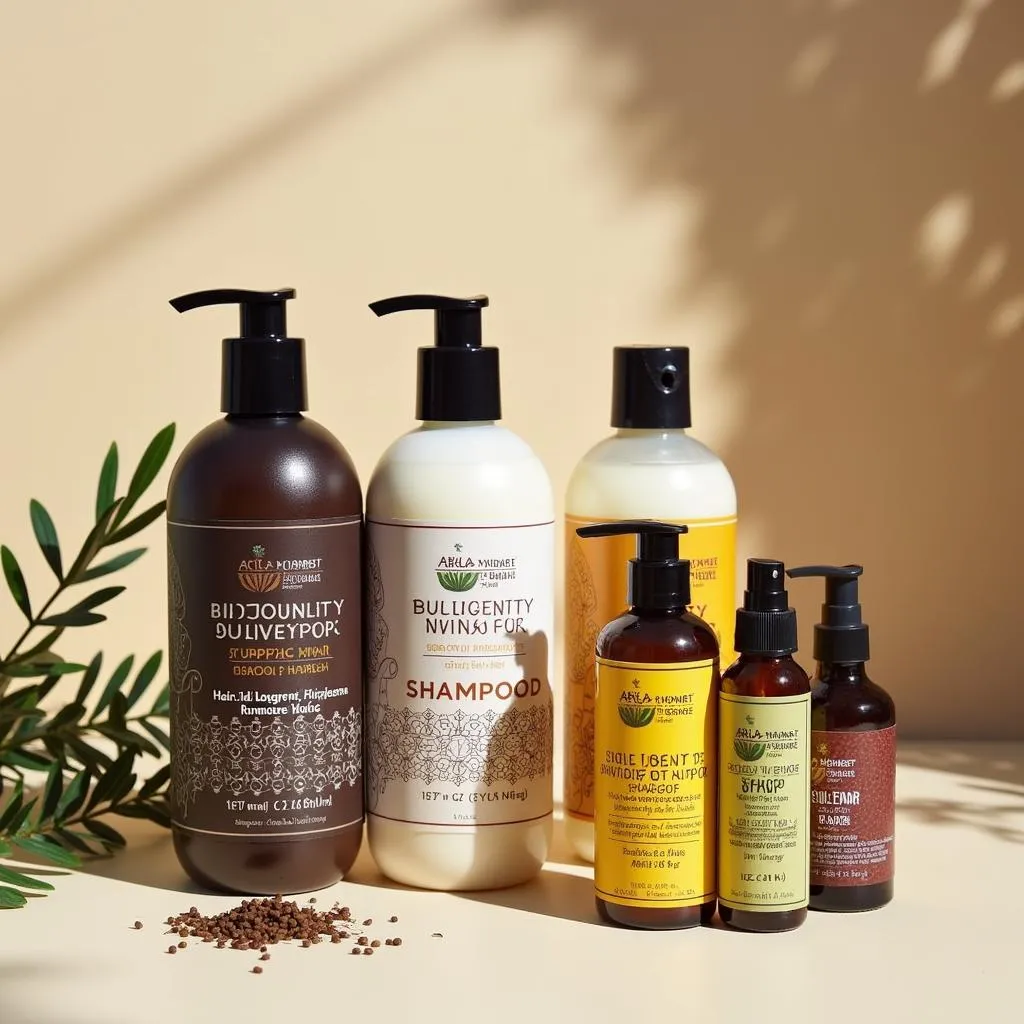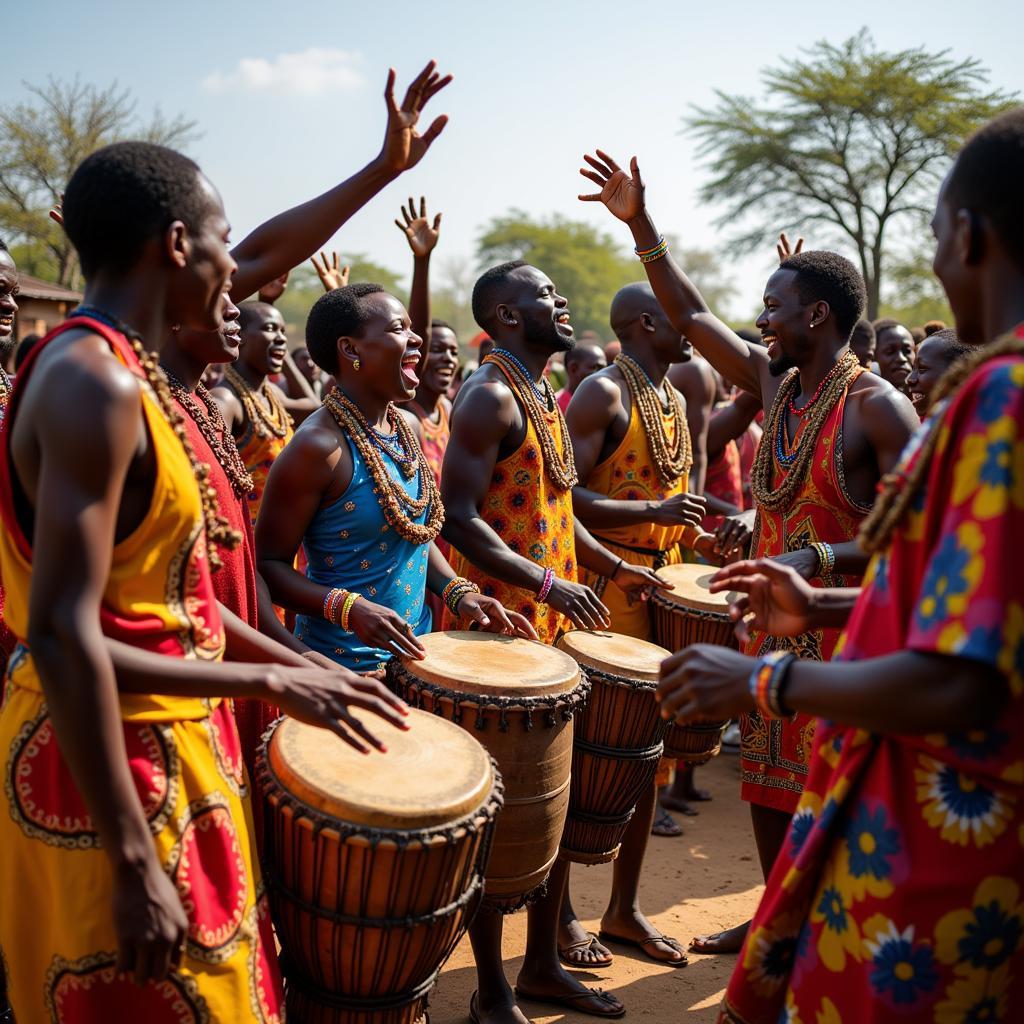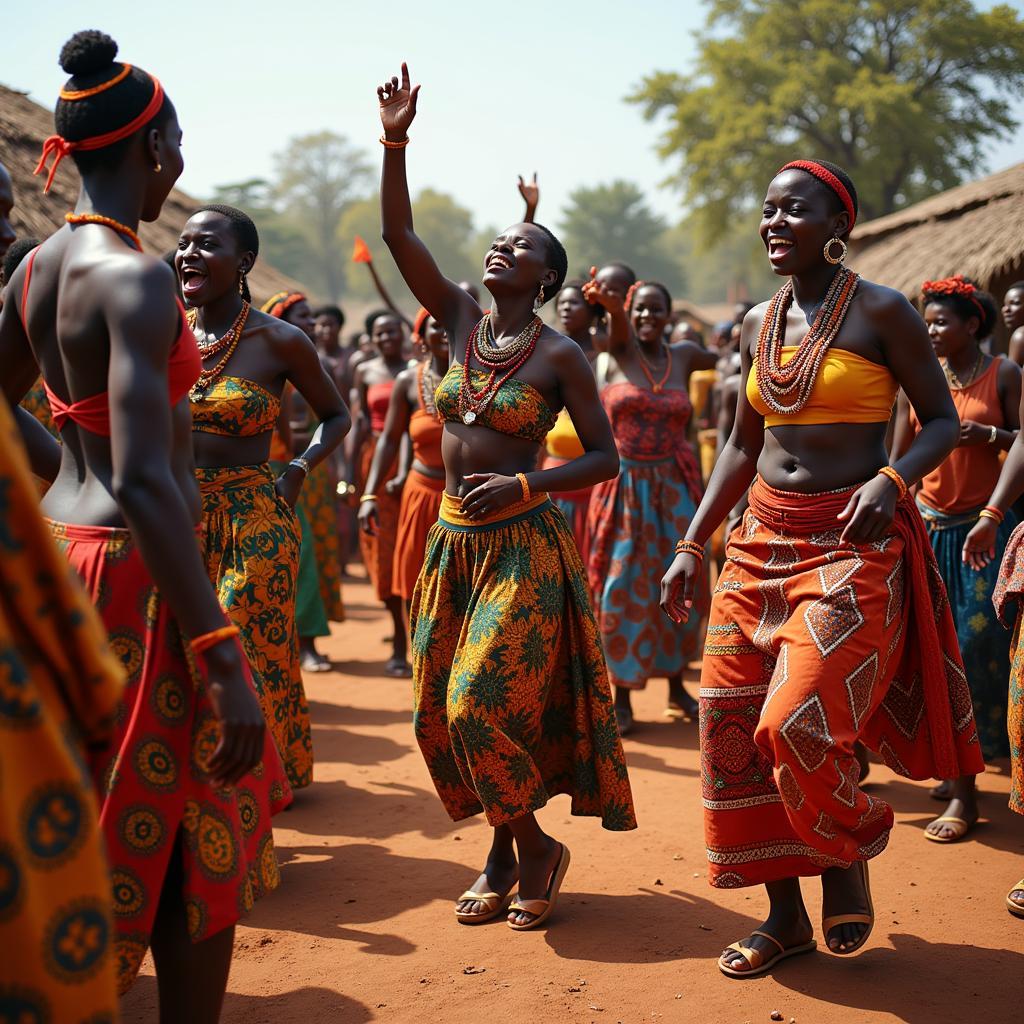Understanding and Treating African American Hair: Why is it Dry and Brittle?
African American hair, celebrated for its unique texture and versatility, often faces the challenge of dryness and brittleness. This can be attributed to a combination of factors, from genetics and hair structure to environmental stressors and styling practices. Understanding these underlying causes is key to implementing effective care routines that promote healthy, vibrant hair.
 African American hair structure illustration
African American hair structure illustration
The Science Behind Dry and Brittle African American Hair
The defining characteristic of African American hair lies in its tightly coiled structure, forming a helix shape that distinguishes it from other hair types. This distinctive structure, while beautiful, poses challenges in retaining moisture. The natural oils produced by the scalp, known as sebum, face difficulty navigating the twists and turns of the hair shaft, resulting in uneven distribution and leaving the hair prone to dryness.
Furthermore, the shape of the hair follicle itself plays a role. Oval-shaped follicles, characteristic of African American hair, further contribute to the hair’s natural curl pattern. However, this also means that the hair strands have a smaller diameter, making them more susceptible to breakage and fragility.
Environmental and Lifestyle Factors
Beyond genetics, a myriad of external factors can exacerbate dryness and brittleness in African American hair:
- Climate and Weather: Exposure to harsh weather conditions, such as extreme heat, cold, or humidity, can strip the hair of its natural moisture.
- Chemical Treatments: Frequent use of chemical relaxers, perms, and dyes can damage the hair shaft, leading to dryness, breakage, and overall hair health decline.
- Heat Styling: Excessive heat from blow dryers, curling irons, and flat irons can rob the hair of moisture and cause further damage to already brittle strands.
- Diet and Hydration: A balanced diet rich in vitamins and minerals is crucial for healthy hair growth. Similarly, staying adequately hydrated helps maintain the hair’s moisture balance.
Common Mistakes to Avoid
Often, well-intentioned hair care practices can inadvertently contribute to dryness and brittleness:
- Over-washing: Frequent washing strips the hair of its natural oils, leading to further dryness.
- Harsh Shampoos: Using shampoos with sulfates and other harsh chemicals can also strip away natural oils, leaving the hair dry and brittle.
- Improper Detangling: Detangling hair without adequate moisture and using improper tools can lead to breakage, especially for tightly coiled hair.
- Tight Hairstyles: While protective styles can be beneficial, consistently wearing tight braids, weaves, or extensions can put stress on the hair follicles and lead to breakage.
Effective Solutions for Healthier Hair
Combatting dryness and brittleness requires a multifaceted approach that addresses both internal and external factors.
- Moisturize, Moisturize, Moisturize: Hydration is key. Use a water-based leave-in conditioner and follow up with a natural oil to seal in moisture.
- Deep Condition Regularly: Incorporate a weekly deep conditioning treatment to provide intense hydration and nourishment.
- Gentle Cleansing: Opt for sulfate-free shampoos specifically designed for dry or curly hair.
- Protective Styling: Embrace protective styles like braids or twists, but avoid excessive tension and allow your hair to breathe between styles.
- Trims are Essential: Regular trims help remove split ends and prevent further breakage, promoting healthier hair growth.
- Healthy Diet and Lifestyle: A balanced diet rich in fruits, vegetables, and protein, coupled with adequate water intake, contributes to overall hair health.
 Essential hair care products for dry and brittle African American hair.
Essential hair care products for dry and brittle African American hair.
Expert Insights on African American Hair Care
“Understanding your hair type is the first step towards effective hair care,” says renowned trichologist Dr. Abena Agyeman. “African American hair, with its unique structure, thrives with moisture and gentle handling.”
She further emphasizes, “Embrace protective styles for their ability to minimize manipulation and reduce breakage, but remember to give your hair a break and allow it to breathe.”
Conclusion: Embracing the Beauty of Your Natural Crown
Managing dry and brittle African American hair requires a conscious and consistent approach. By understanding the science behind your hair type, adopting healthy hair care practices, and choosing the right products, you can nurture your hair’s natural beauty and achieve healthy, vibrant locks.
Remember, healthy hair is a journey, not a destination. Be patient, be consistent, and embrace the unique beauty of your natural crown.
FAQs about Dry and Brittle African American Hair
1. How often should I wash my hair?
Washing frequency depends on your hair type and lifestyle. However, for most, washing 1-2 times a week is sufficient to maintain cleanliness without stripping away natural oils.
2. Can I still color-treat my hair if it’s dry and brittle?
While coloring can be damaging, especially to already dry hair, it’s not impossible. Opt for ammonia-free dyes and seek professional help to minimize damage.
3. What are some natural remedies for dry hair?
Coconut oil, shea butter, and aloe vera are excellent natural moisturizers. Apply them as a pre-shampoo treatment or a leave-in conditioner.
4. How can I prevent breakage when detangling?
Always detangle hair when it’s damp and saturated with conditioner. Use a wide-tooth comb or a detangling brush and work in sections to minimize pulling and breakage.
5. Does diet affect my hair health?
Absolutely! A balanced diet rich in protein, iron, biotin, and vitamins A, C, and E promotes healthy hair growth.
6. How long does it take to see improvements in my hair?
Consistency is key. You might notice subtle changes within weeks, but significant improvements may take a few months.
7. Can I still wear wigs and weaves with dry and brittle hair?
Yes, but choose breathable wig caps and avoid hairstyles that put excessive tension on your natural hair.
Need further assistance? Contact us at +255768904061, kaka.mag@gmail.com or visit us at Mbarali DC Mawindi, Kangaga, Tanzania. Our dedicated customer service team is available 24/7 to answer your queries. Explore our website for more insightful articles on african bathing sampoo naked and other related topics.

